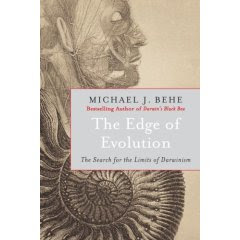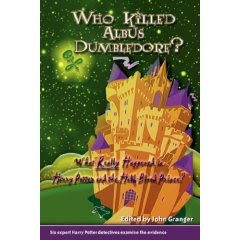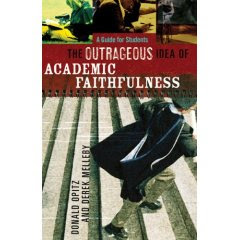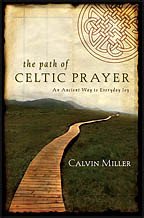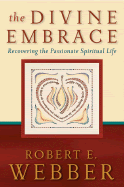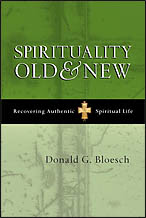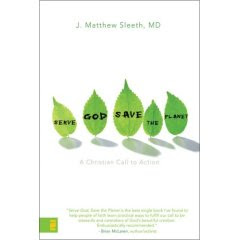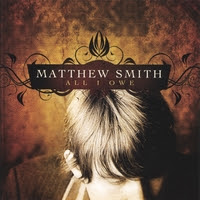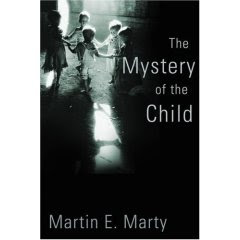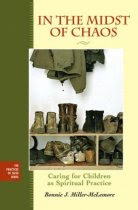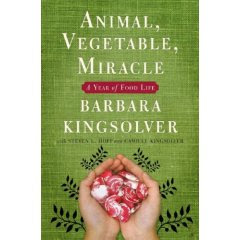
I’m sure if you are a book-lover, you’ve seen, and held, those books that are just so perfect, so filled with possibility, that your anticipation is nearly thrilling. Just holding them is sheer delight, the design and look and feel and importance and quality and perhaps the author (maybe not, maybe it is a new writer for you.) You nearly shudder as you enjoy just holding the thing. And if it has been long-awaited, or highly recommended, you might (am I the only one who does this?) even wait for an appropriate time to honor such a book by opening it with due solemnity. (I’m this way with albums, sometimes, too, hands shaky as I try to get the dumb cellophane off, and that stupid sticky strip, only to wait to put the disc on ’til I can listen with the care the artist deserves.)
Barbara Kingsolver is a novelist well-loved by many; Bean Trees is on the top of lots of people’s lists. She is good at her craft, a good story-teller and writer yet isn’t so dense and literate that the novels are difficult. Most have serious and not-so-subtle things to say about important matters. She may be known by some BookNotes readers for Poisonwood Bible, her most ambitious and dark story, set amongst missionaries in Africa during the early days of the post-colonial era. For my money, the delightful romp–with hugely significant questions about Anglo/Native relations and inter-racial adoptions and PC thinking and multi-ethnic families— Pigs in Heaven is a fabulous summer read. Animal Dreams is another set out West, and Prodigal Summer illustrated her recent interests in Appalachia. You may know that she has started awarding a yearly “Bellweather Prize” for new fiction-writers who raise important social questions in their stories, questions of justice, social location, a sense of place and such.
Two collections of nonfiction essays are excellent, and would be good literary companions on your bookshelf with the likes of Wendell Berry or Terry Tempest Williams, Annie Dillard (who has a new novel forthcoming, by the way) or my favorite nature writer, Kathleen Dean Moore.
And so, the hand-handshaking, can’t-wait-to-read new book: Animal, Vegetable, Miracle: A Year of Food Life (Harper Collins; $26.95.) The textured, linen-feel dust jacket is a perfect package for a beautiful book about caring about sensual matters, in this case, as the title says, food. The family, as we learn in the first exquiste pages, has moved from their beloved, harsh Arizona, to Kentucky. They intend to eat only what they can grow, or buy locally. (Each family member gets to pick one exception—her husband chooses organic, and fairly traded, coffee, and she chooses spices for cooking, with the kids making similiar requests.) And so the story begins.
This is Kingsolver’s first full-length memoir, and she brings her essayist insight and fiction-writer’s sense of story into fabulous play. Her husband has some informative sidebars, and her 19 year old offers her perspective in some of her own nice writing. Sure, it is also polemical. The dust jacket tells of their hopes: “Animal, Vegetable, Miracle makes a passionate case for putting the kitchen back at the center of family life and diversified farms at the center of the American diet.” Or, as she writes, “This is the story of a year in which we made every attempt to feed ourselves animals and vegetables whose provenance we really knew…and of how our family was changed by our first year of deliberately eating food produced in the same place where we worked, went to school, loved our neighbors, drank the water, and breathed the air.” But be prepared for some laughter and pluck. This is a fun book.
They have a wonderful website about the book—with more stuff, some of the recipes, pictures of the farm and all kinds of advice for further action. See www.animalvegetablemiracle.com.
Perhaps you have been following the trends in this whole area–and there have been many good resources coming out. Consider the books about the slow foods movement or the new kid’s edition of Fast Food Nation (called, Chew on This), the recent, wonderful, Mennonite cookbook Simply in Season and last year’s much-talked about, very thoughtful, Omnivore’s Dilemma. Theological reflections have included the breathtakingly fascinating, liberal Episopalian conversion-through-eucharist memoir, Take This Bread (by anti-hunger activist Sarah Miles) to the brand new theological study of meals, wonderfully-entitled Soul Banquets: How Meals Become Mission in the Local Congregation by John Koenig. Shannon Jung’s two important paperbacks, Food for Life: The Spirituality and Ethics of Eating and Sharing Food: Christian Practices for Enjoyment are both recent and wonderful. There are more books about the sacraments of the everyday, about the ecology of eating, about faithful approaches to hospitality, meals, cooking and eating, than any recent time–even though Wendell Berry, just for instance, has a chapter entitled “The Pleasures of Eating” in What Are People For? published in 1990. And what thoughtful Christian who cares about these things doesn’t know the spectacular cookbook and fiesty, foodie essay by the inestimable theologian and cook, Robert Farrar Capon, Supper of the Lamb: A Culinary Reflection? I suppose we could list Diet for a Small Planet (even though Capon might protest) and note that we still stock it. Even the book I’ve raved most about in the past few years, Colossians Remixed: Subverting the Empire, has some of this thinking in it, as authors Brian Walsh & Sylvia Keesmaat are doing sustainable agriculture in community with other friends in Canada.
Our family does not do this stuff well. Like prayer or evangelism, I specialize in reading about it, hoping that somehow it counts for something. Am I fooling myself? I have regrets, and hope to make changes, even as I understand that we have some unique obstacles here. But many folks have obstacles, and, in God’s grace, we may take steps towards more normative and joyous and just lives. Maybe these books will help.
Want a blog special?
BUY
Animal, Vegetable, Miracle
for $20.00
($7 off)
AND
choose any other book mentioned above for 20% off
read@heartsandmindsbooks.com 717.246.3333
